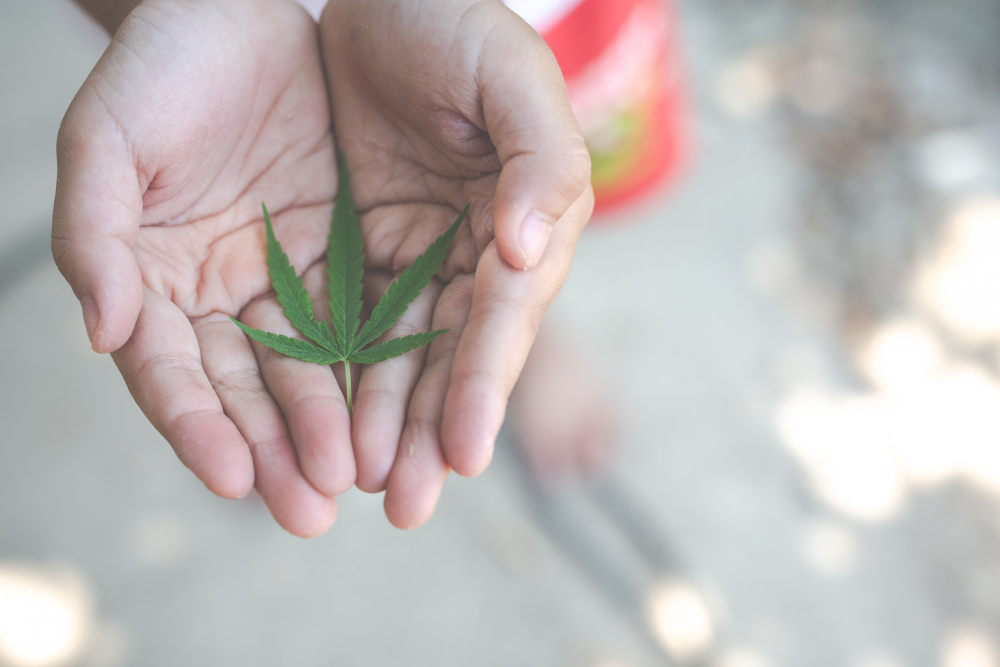Is Marijuana Beneficial for Autism?

Autism spectrum disorder (ASD) is a complex neurodevelopmental disorder that affects the social, communication, and behavioral skills of an individual. Autism can cause behavioral problems, sensory difficulties, and sleep disturbances. And while there is no cure for autism, multiple treatments are available to manage the symptoms. One treatment option that is gaining popularity is the use of marijuana. Medical marijuana has been used to treat various conditions, including pain, inflammation, and epilepsy. But, can marijuana help people with autism? In this blog, we will explore the potential benefits and drawbacks of using marijuana for autism.
Marijuana contains a compound called cannabidiol (CBD), which has shown promise in easing symptoms associated with autism. According to a study published in Nature, CBD may reduce anxiety, impulsivity, and hyperactivity in individuals with autism. Another study published in the Journal of Autism and Developmental Disorders found that medical marijuana improved communication, social interaction, and behavior in children with autism. However, more research is needed to determine the long-term safety and effectiveness of using marijuana for autism.
While CBD has shown promise in managing symptoms, the primary psychoactive compound in marijuana, tetrahydrocannabinol (THC), has been associated with negative effects on cognitive function. A study published in Neuroscience and Biobehavioral Reviews found that THC may impair memory, attention, and decision-making skills. Additionally, marijuana use may have adverse effects on the developing brain. Therefore, it is important to be cautious when considering marijuana as a treatment option.
The legality of medical marijuana varies from state to state, and not all states include autism as a qualifying condition. However, there are some states that do allow the use of medical marijuana for autism. In such cases, it is important to consult with a healthcare professional who can weigh the risks and benefits of marijuana use for autism.
Alternative therapies, such as applied behavioral analysis (ABA) and occupational therapy, are widely used to manage the symptoms of autism. ABA focuses on teaching social, communication, and behavioral skills, while occupational therapy focuses on improving daily living skills. It is important to note that these therapies do not involve the use of medications and are considered safe and effective in managing autism symptoms.
Conclusion
Although medical marijuana is gaining popularity as a treatment option for autism, more research is needed to determine its long-term safety and effectiveness. While CBD has shown promise in easing symptoms associated with autism, the psychoactive compound, THC, may have negative effects on cognitive function. It is important to consult with a healthcare professional before considering marijuana as a treatment option for autism. Alternative therapies such as ABA and occupational therapy are considered safe and effective in managing autism symptoms and are widely used. If you're looking for a marijuana card provider in Altamonte Springs, FL, contact CSG Med today for more information.